Articles & Advices
Discover our library of in-depth articles and valuable advice

How Frequently Should You Change Your Coolant?
by Write
Maintaining your vehicle goes beyond regular washes and refueling. The cooling system plays a pivotal role in ensuring your engine runs smoothly and avoids expensive repairs. A critical element of this system is the coolant, also known as antifreeze, which helps regulate your engine's temperature under various conditions.
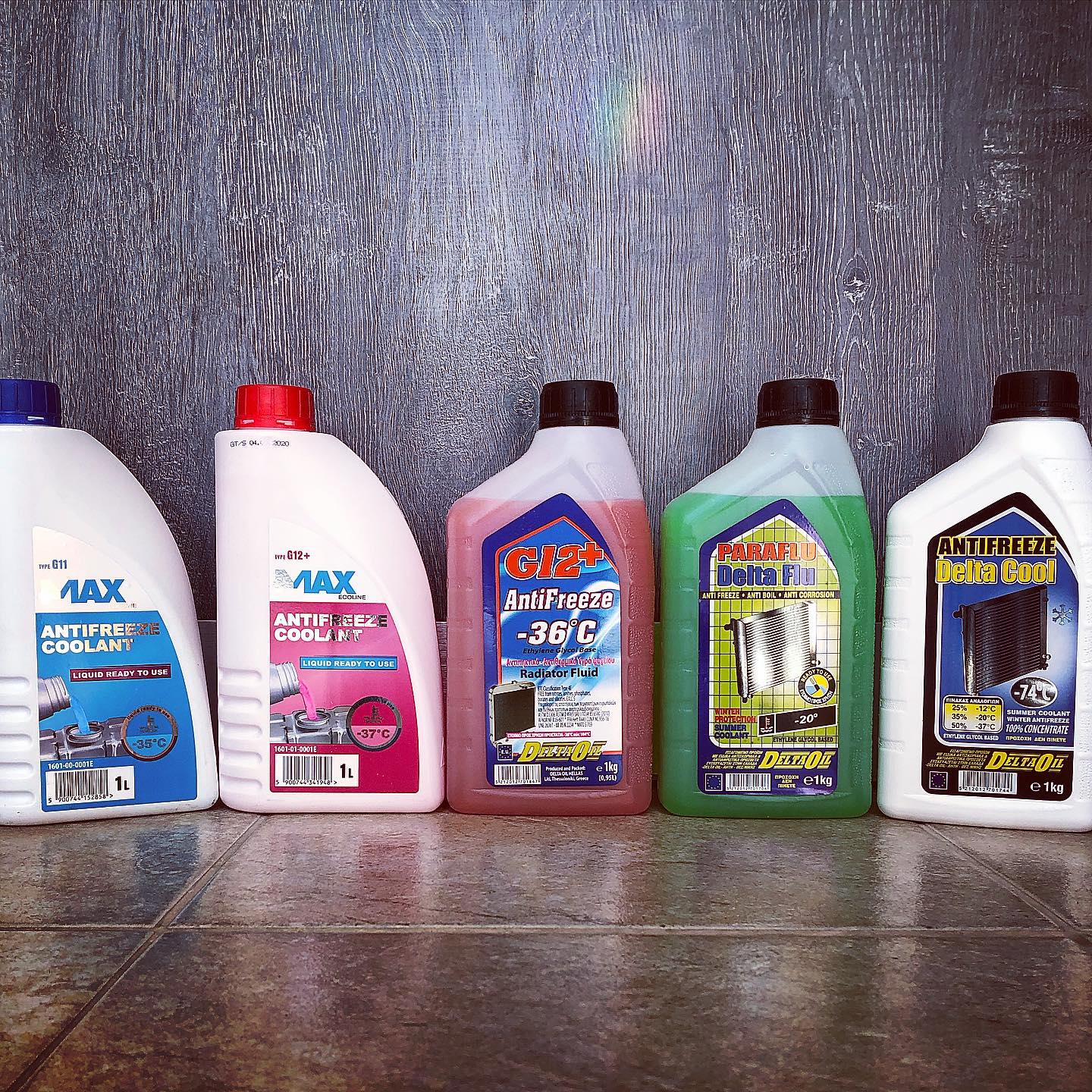
Antifreeze Buying Guide: How to Choose the Perfect Coolant
by Write
Every vehicle equipped with an internal combustion engine relies on a robust cooling system to maintain optimal operating temperatures. Central to this system is antifreeze, a specialized liquid that enhances heat transfer, prevents corrosion, and safeguards against freezing conditions. Ensuring you select the appropriate coolant is essential for maintaining engine health and avoiding costly repairs.
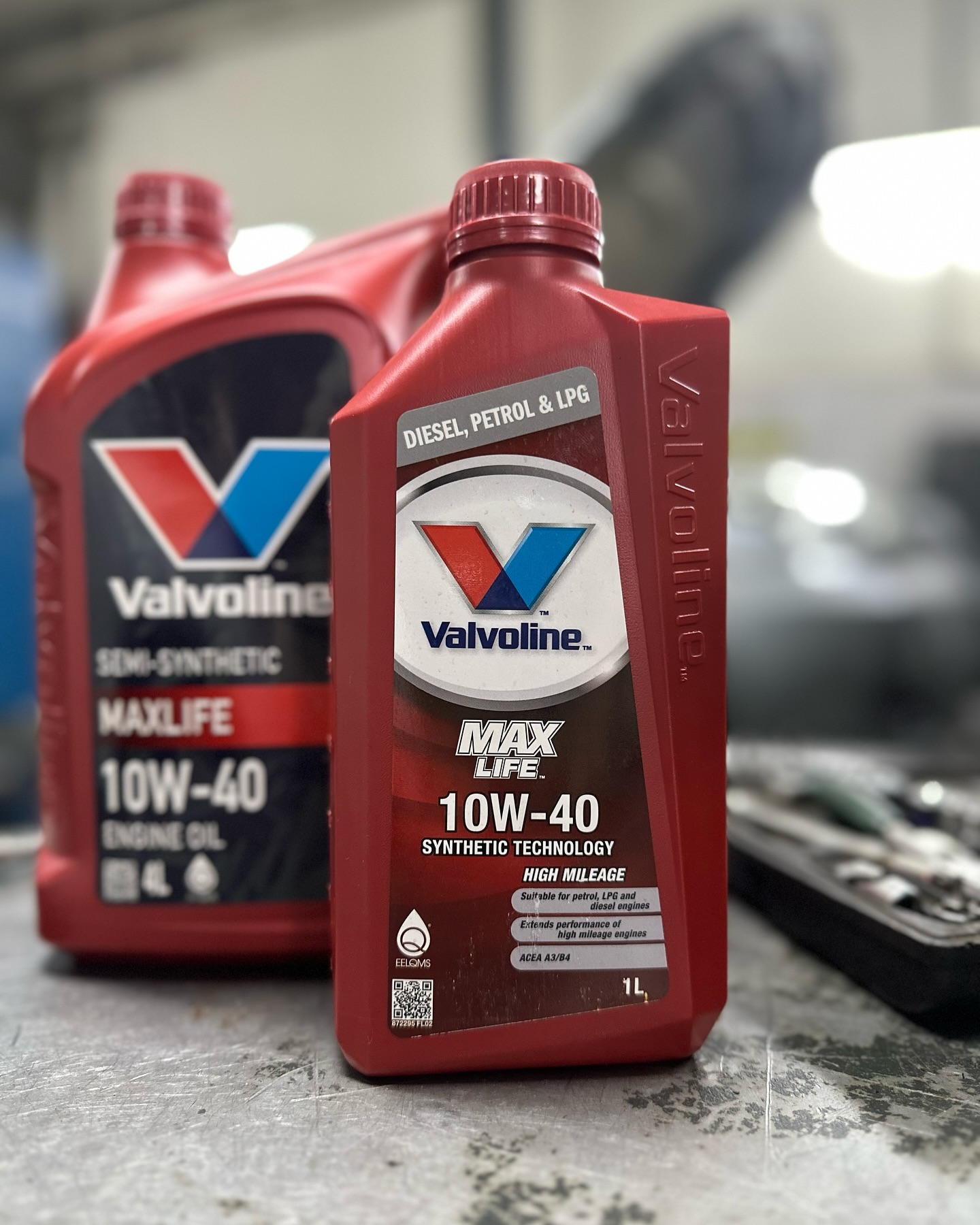
Step-by-Step Guide to Flushing Your Car's Radiator for Optimal Performance
by Write
Maintaining your vehicle's cooling system is essential to prevent unexpected breakdowns and to prolong the life of your engine. One critical maintenance task is performing a regular radiator flush. A radiator flush ensures that the engine coolant circulates properly throughout the system, mitigating the risk of corrosion and avoiding serious issues like heater core or head gasket leaks. This comprehensive guide will walk you through the process of flushing your radiator efficiently and safely.
All articles
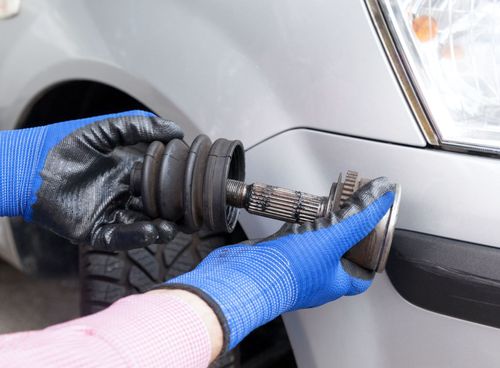
CV Joint Replacement Cost: What to Expect
by Write
The constant velocity (CV) joint plays a pivotal role in transferring power from your vehicle's engine to its wheels. As vehicles evolve, so do their components, including CV axles and joints. Understanding the costs associated with CV joint replacement and recognizing the signs of wear can save you time and money.
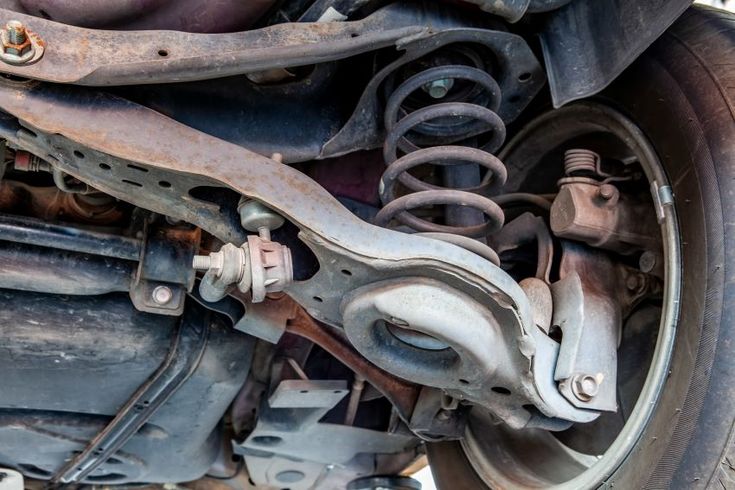
Shocks and Struts: Facts and Maintenance Tips
by Write
Your vehicle's suspension system serves two main purposes: ensuring maximum tire contact with the road and providing a comfortable ride for passengers. By maintaining tire contact, the system enhances handling and safety during maneuvers such as cornering, braking, and accelerating. Simultaneously, it absorbs road irregularities, reducing vibrations and jolts that passengers feel, thereby contributing to a smoother driving experience.

Double Wishbone vs. MacPherson Strut Suspension: Key Differences and Benefits
by Write
A vehicle's suspension system plays a crucial role in ensuring a smooth and controlled driving experience. It works in tandem with the steering system to manage road imperfections, maintain tire contact, and provide stability during maneuvers. Among the various suspension designs, the Double Wishbone and MacPherson Strut are the most widely used. Each has distinct characteristics, benefits, and drawbacks that influence their suitability for different types of vehicles.
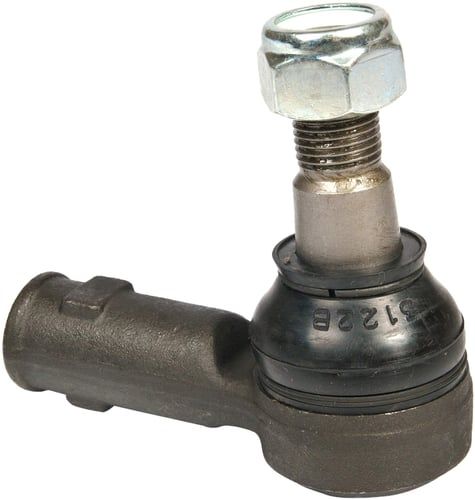
Common Symptoms of a Bad Tie Rod You Shouldn't Ignore
by Write
Steering tie rods are fundamental components in virtually every vehicle, playing a crucial role in steering and overall vehicle stability. Despite their long-standing design, understanding their functionality and recognizing signs of wear is essential for maintaining safe driving conditions. This guide delves into the importance of tie rods, common symptoms of their failure, diagnostic procedures, and maintenance tips to ensure your vehicle remains in optimal condition.
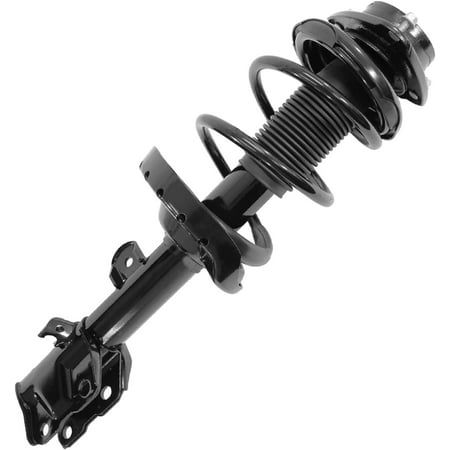
Essential Tips for Maintaining Your Auto Chassis
by Write
Your MotorVero vehicle’s chassis is integral to its performance, encompassing the steering and suspension systems. These components are in constant motion, necessitating regular maintenance to ensure longevity and optimal functionality. While modern vehicles have reduced the number of lubrication points compared to older models, several key areas still require periodic attention. Adhering to a maintenance schedule every six months or two oil changes is crucial for preventing premature wear and potential failures.
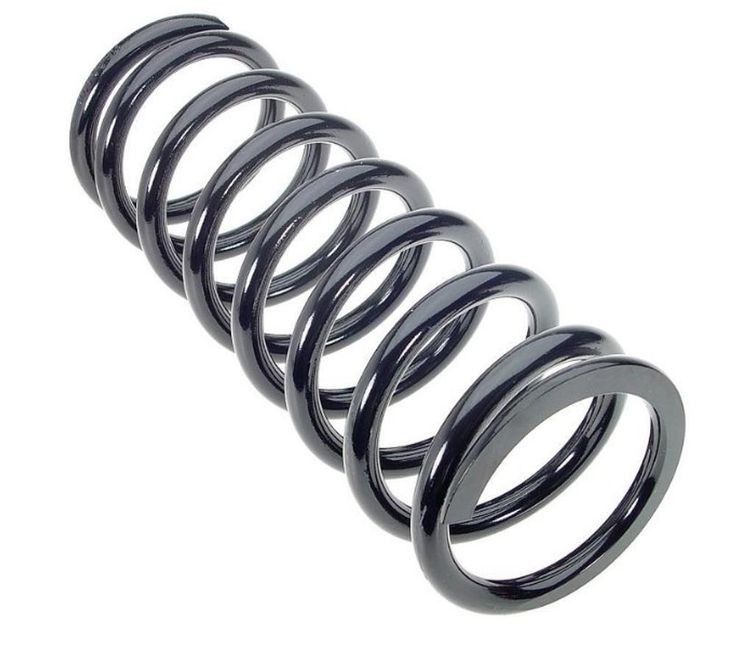
Leaf Spring vs. Coil Spring Suspension: Key Differences Explained
by Write
Every vehicle relies on a suspension system to ensure a smooth and controlled ride. This system, comprising various linkages, shock absorbers, and springs, connects the vehicle's body to its wheels. It plays a crucial role in managing the vehicle's handling, stability, and braking performance by allowing relative movement between the body and the wheels.
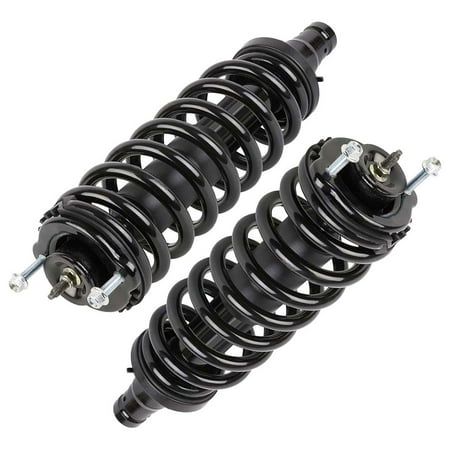
Step-by-Step Guide to Replacing Shocks and Struts on a 2002–2009 Chevy TrailBlazer
by Write
Enhancing or repairing the suspension system of your Chevy TrailBlazer can significantly improve your vehicle's handling and ride comfort. With MotorVero's quality parts and the appropriate tools, you can undertake this task at home efficiently. Follow this detailed guide to replace the shocks and struts safely and effectively.
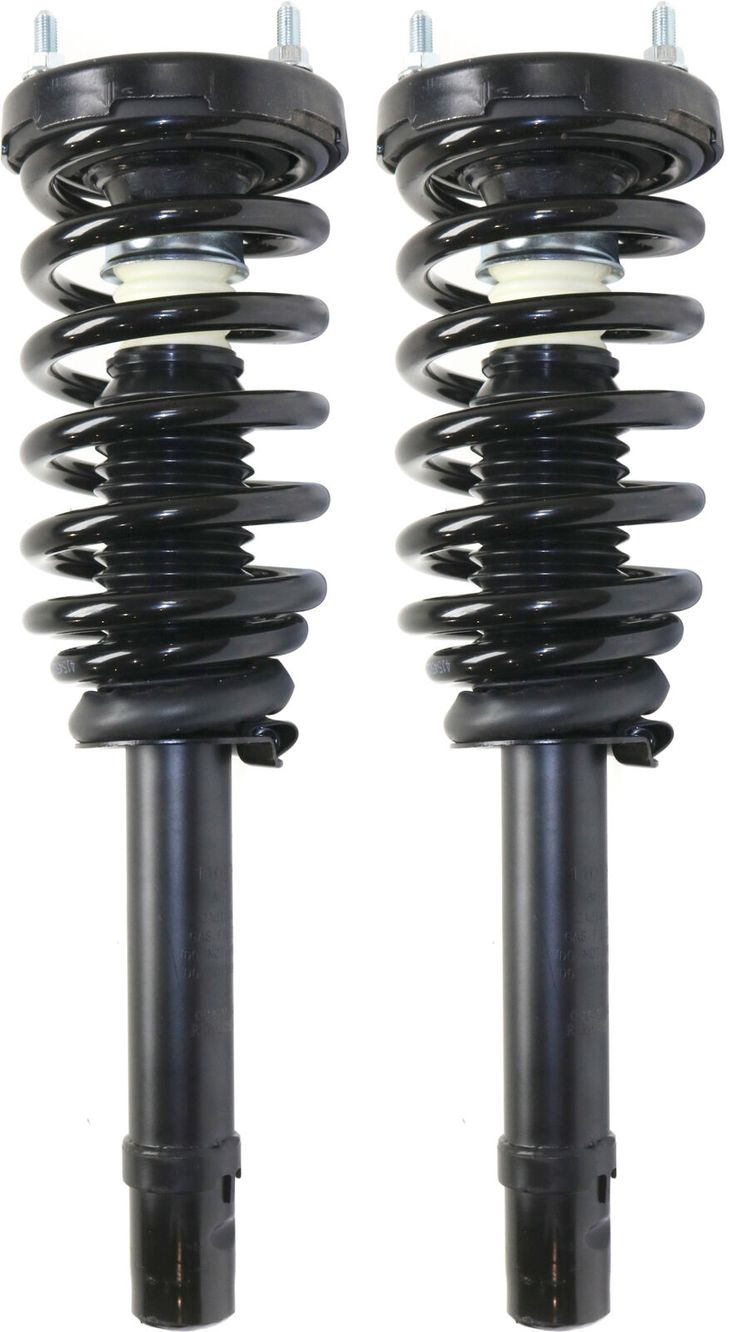
Top Benefits of Loaded Struts for Your Vehicle
by Write
Upgrading your vehicle's suspension system is crucial for maintaining optimal performance and ensuring a comfortable driving experience. MotorVero Loaded Struts present a superior alternative to traditional strut replacements, offering numerous benefits that cater to both safety and convenience. This article delves into the key advantages of choosing MotorVero Loaded Struts, highlighting why they are a preferred choice for vehicle owners seeking reliability and performance.
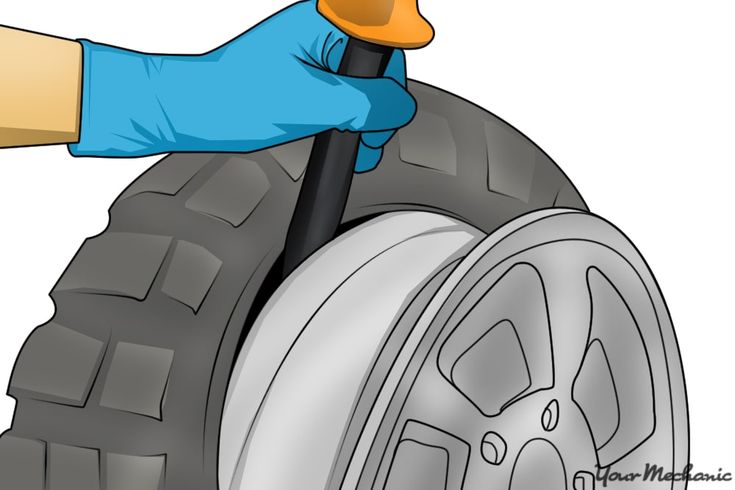
Step-by-Step Guide to Changing a Tire Valve Stem
by Write
Every vehicle relies on properly inflated tires to ensure safe and efficient driving. The tire valve stem plays a crucial role in maintaining the correct air pressure by allowing air to enter and exit the tire. A malfunctioning or damaged valve stem can lead to air leaks, reduced tire pressure, and potentially hazardous driving conditions. Addressing valve stem issues promptly is essential for vehicle safety and performance.